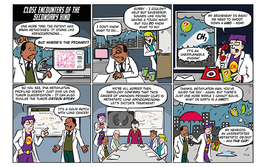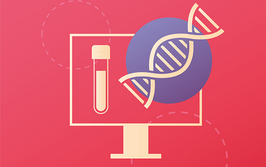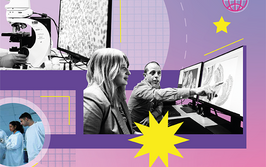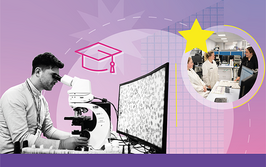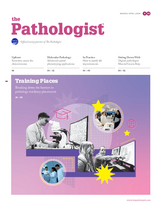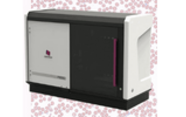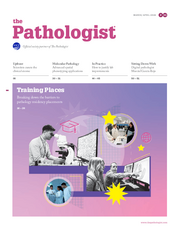Achieving Excellence Requires a Multifaceted Approach
Laboratory professionals must be flexible, innovative, and open-minded

When studying cytopathology in the early 1980s, we were taught that the causative agenda for cervical cancer was Chlamydia trachomatis, among other epidemiological factors. Of course, today, we know that to be completely inaccurate – but it was a long road to acquire the scientific evidence needed to finally link high-risk human papillomavirus (HPV) virotypes to cervical cancer. What tools were missing? We needed advances in technology, such as Southern blot and PCR, to detect viral DNA integrated within host DNA. We needed that data to correlate with cellular changes indicating that malignant transformation was likely to occur. It was nearly 20 years later that Harald zur Hauzen won the Nobel Prize for determining that HPV was the causative agent of cervical cancer. Today, the virus can be detected by internal closed system PCR amplification and, within hours of analyzing the epithelial sample, we can determine if the patient is at high risk of cervical cancer. That gives the clinician the information they need to remove the precancerous lesion before it transforms into a malignancy – a clinical game-changer for the patient.
Moving from one consensus opinion to another, especially in a discipline as broad as ours, requires flexibility, innovation, and open-mindedness. You don’t have to be a researcher to appreciate how important these concepts are to management and administration in the clinical pathology laboratory. Achieving excellence in our laboratories requires a multifaceted approach focusing on people, policies, and practices. Laboratories need to be up-to-date on the regulations and accreditation bodies that govern our industry. Pathologists and laboratory scientists need to be aware of the latest clinical care guidelines so they can implement changes in procedures if necessary. Laboratory administrators, managers, and staff need to be proficient in conflict management and emotional intelligence to create a happy and productive workplace culture. And, on top of everything else, we must all continue to prioritize training, competencies, and continuing education. After all, advances in diagnostic techniques are only impactful if we are trained in both the theory behind the tests and their practical use.
As laboratory professionals, it is our responsibility to constantly acquire new skills. Providing the very best care for our patients means we must not only keep up with the current paradigm, but also commit to implementing the latest innovations and anticipating new gold standards of diagnostics. Our practice changes as our knowledge base expands, and it’s up to us to make sure that knowledge base is as broad as it can be. It might feel impossible at times but, as practitioners dedicated to the highest level of patient care, we must be up for the challenge.
CEO of the American Society for Clinical Pathology



